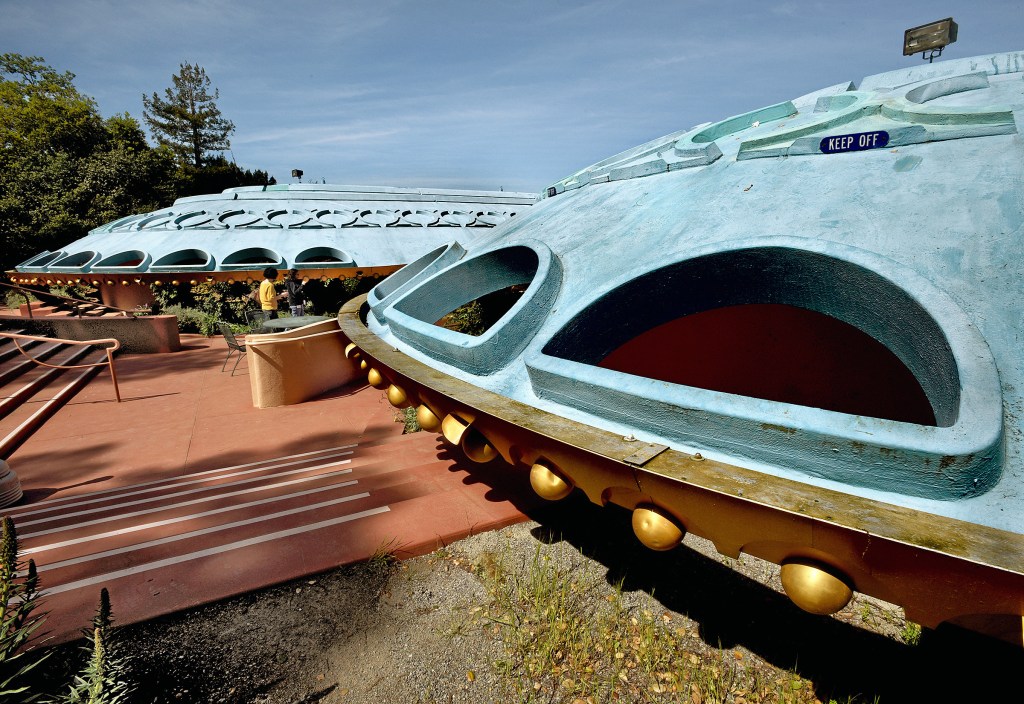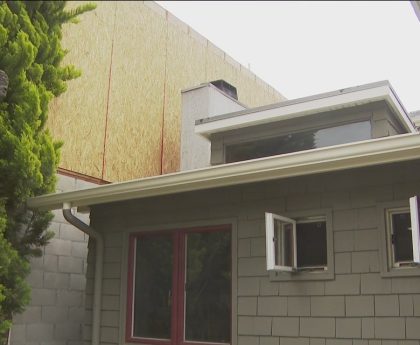Marin County supervisors have bowed to a state mandate requiring the county to adopt more permissive standards for the approval of new accessory dwelling units.
The Board of Supervisors approved changes in county code governing ADUs after being directed to do so by the state.
“We’ve really pulled back from some of the things that we had previously in the code sections because of the audit by the California Department of Housing and Community Development,” Jeremy Tejirian, a county planner, told supervisors at their Dec. 18 meeting.
The housing department notified the county’s Community Development Agency in February that following the adoption of several new state laws — Senate Bill 897 and Assembly Bills 916 and 221 — the county’s rules governing ADUs were no longer in compliance.
At the time, the county’s code permitted only one ADU and one junior accessory dwelling unit on lots restricted to single-family residential development.
The letter in February from Michael McLaughlin, an ADU policy specialist at the housing department, stated that Marin must ministerially approve an application for a building permit within a residential or mixed-use zone to create “any” of the following: an ADU and junior accessory dwelling unit within a single-family dwelling or accessory structure; and one additional detached, new-construction ADU.
Combining the new ADU laws with another new housing law, Senate Bill 9, owners of single-family properties may now split their lots and build one main residence, two ADUs and one junior accessory dwelling unit on each half for a total of eight residences.
The county’s new housing element — its plan to facilitate Marin’s share of housing needed over the next eight years —projects that the county will approve 280 accessory dwelling units between 2023 and 2031.
The state housing department followed up with another letter in July notifying the Community Development Agency of additional ways in which Marin’s ADU regulations were failing to comply with state law.
These included the state’s objection to a county requirement that some types of ADUs have direct vehicle access to a paved street, if located on a property in a very-high-fire-hazard-severity zone, and a requirement that ADUs not be located in any sensitive habitats.
All of these requests by the state and more were incorporated into the code changes that supervisors approved on Tuesday.
“HCD required us to remove those sensitive habitat areas and very-high-fire-hazard-severity zone standards for ADUs,” said county planner Michelle Levenson, referring to the California Department of Housing and Community Development.
Supervisor Stephanie Moulton-Peters, whose district in southern Marin includes many residents who live on narrow and steep mountain roads, expressed concern about the changes.
“I understand we’re aligning our codes with the state codes and that we must do that,” Moulton-Peters said, “but the board needs more detail going forward on what the implications are.”
Moulton-Peters said she wants the Community Development Agency to work with other counties to push back against the state’s policy on sensitive habitat and high-fire-severity zones.
“I think that’s wrong, and I think we need to find other counties to coalition with to get that changed,” she said.
During public open time, Carolyn Lenert, a real estate agent and former San Rafael fire commissioner, urged the supervisors to delay their vote on the code changes. Lenert said California real estate agents have recently been given a new tool to help them and their clients decide if their site is appropriate for an accessory dwelling unit.
“The first question they ask is, ‘Is this a high fire zone? Is there egress? Is there safe access for our firefighters? Are we going to put them at risk as well?’” Lenert said.
“Table the discussion until you have more input from the community,” she said. “It’s a matter of life and death.”
The supervisors spent most of their time, however, discussing whether the language of the code changes risked prohibiting owners of existing ADUs and junior accessory dwelling units from using them as short-term rentals.
“I think we create some ambiguity here,” said Supervisor Eric Lucan, “especially for the grandfathered ADUs and the grandfathered JADUs.”
The language was amended slightly to more clearly state that owners of existing ADUs and JADUs may continue to use them as short-term rentals, at least for the time being.
“We are going to be taking up the short-term rental ordinance, at least for the coastal zone, in the next month or so,” Supervisor Katie Rice said.




